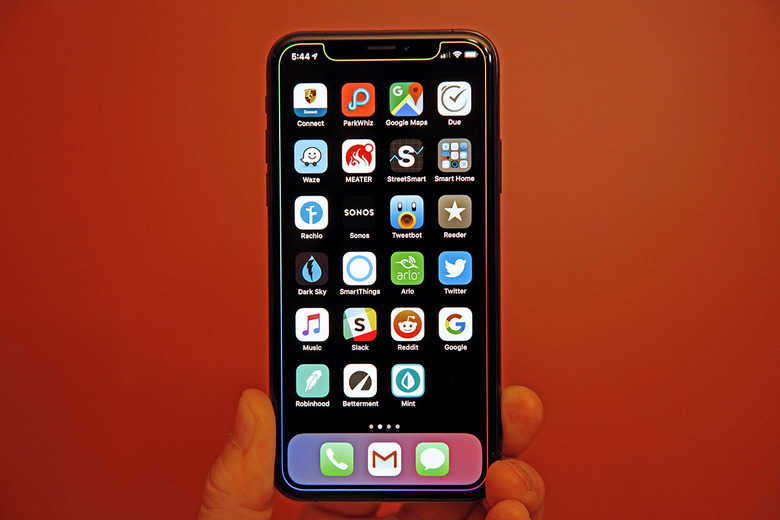Apple's First 5G iPhone Will Reportedly Arrive In 2020
Apple's recent announcement that it would no longer disclose iPhone sales on a quarterly basis prompted some investors to question Apple's ability to increase sales of its iconic smartphone. The rationale behind this point of view is simple: if Apple was truly confident that iPhone sales were poised to increase, it would look forward to revealing those impressive sales figures.
Without getting into the specifics behind Apple's decision, I think it's fair to say that iPhone sales have plenty of room for growth in the years ahead. Sure, consumers are holding onto their smartphones for longer periods of time these days, but the impending roll out of 5G networks and the ensuing arrival of 5G enabled iPhones will invariably spur an avalanche of upgrades.
Now as to when we might see a 5G capable iPhone hit store shelves, a source claiming to be familiar with Apple's plans recently told Fast Company that the company is currently aiming for a 2020 release. What's more, the same source relayed that Apple is planning to use Intel modems exclusively. The latter point is certainly plausible given that there's no indication that Apple and Qualcomm's ongoing legal battle will end in a settlement agreement anytime soon.
Intel has been working on a precursor to the 8161 called the 8060, which will be used for prototyping and testing the 5G iPhone. The 8161 will be fabricated using Intel's 10-nanometer process, which increases transistor density for more speed and efficiency.
Apple, our source says, has been unhappy with Intel lately. The most likely reason relates to the challenge of solving heat dissipation issues caused by the 8060 modem chip.
With 5G smartphones likely to arrive in 2019, a 2020 ship date for 5G enabled iPhones certainly makes sense, especially in light of Apple's penchant for waiting a tad longer than most other handset manufacturers to embrace new wireless technologies. Recall, Apple didn't embrace 3G until 2008 and waited until 2012 before introducing a 4G capable device with the iPhone 5.
